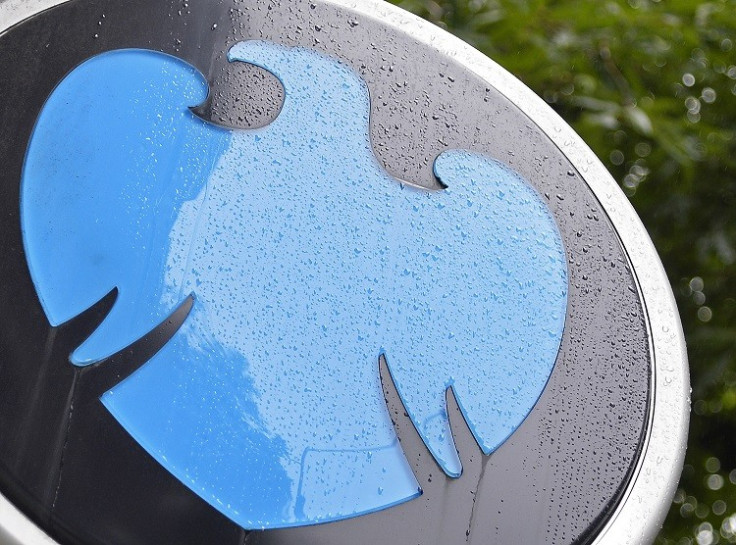Mis-Selling Derivatives: Barclays Expenses Improve on Low Redress Payouts

Barclays' operating expenses improved in 2013 after the bank paid out less money to businesses that were potentially mis-sold complex interest rate hedging products.
According to Barclays' full year financial results, operating expenses improved 4% to £2.5bn (€3bn, $4.1bn), "due to a lower charge for IRHP redress of £650m."
In 2012, its total charge for IRHPs, mainly interest rate swap agreements (IRSA), stood at £850m.
"We continue to de-risk the business for reputation and conduct risk. In June we took a further £2bn of charges in relation to Payment Protection Insurance (PPI) and interest rate hedging products (IRHP) redress," said Barclays.
"We have also exited businesses which are incompatible with Barclays' purpose and values, or where we cannot generate attractive returns for our investors."
IRSAs are contracts between banks and customers where typically one side pays a floating or variable rate of interest and receives a fixed rate of interest payments in exchange.
Such contracts are used to hedge against extreme movements in market interest rates over a given period. Companies that saw the value of these products move against them as rates fell during the recession now owe banks inordinate sums of money in yearly interest payments.
The biggest sellers of these products are Barclays, HSBC, the Royal Bank of Scotland, and Lloyds Banking Group.
According the Financial Conduct Authority (FCA), figures for January show that £306.2m has been paid out so far, compared with £158.6m the previous month - a drop in the ocean compared with the £20bn set aside to cover the payment protection insurance scandal.
The Breakdown of Numbers
Barclays confirmed that it has sold IRSAs to approximately 4,000 retail clients or private customers within the relevant timeframe, of which approximately 2,900 have been categorised as non-sophisticated.
As at 31 December 2012, a provision of £850m had been recognised, "reflecting management's best estimate of future redress to customers categorised as non-sophisticated and related costs."
It said that this estimate was based on an "extrapolation of the results of an initial pilot exercise across the population," which deemed 95% of these products being classed as mis-sold by the FCA.
Barclays added the provision that was recognised in the balance sheet as at 31 December 2012 was £814m. However, it only used £36m, primarily related to administrative costs.
"During 2013, additional cases have been reviewed and further guidance has been provided by the FCA providing additional information upon which to estimate the provision," said Barclays in its statement.
"As a result, an additional provision of £650m was recognised in June 2013, bringing the cumulative expense to £1.5bn."
However, while £1.169bn was recognised as of 31 December 2013, it revealed that it has only utilised £331m, primarily relating to administrative costs and £87m of redress costs incurred.
"An initial redress outcome had been communicated to nearly 30% of customers categorised as non-sophisticated that are being covered by the review," said Barclays.
"The form of redress for each non-sophisticated customer is uncertain. It may result in a full refund, as though the product had never been purchased, or an alternative product such as a cap. In addition, not all customers will be entitled to redress because some sales will have complied with relevant regulatory requirements at the time of sale."
© Copyright IBTimes 2025. All rights reserved.






















